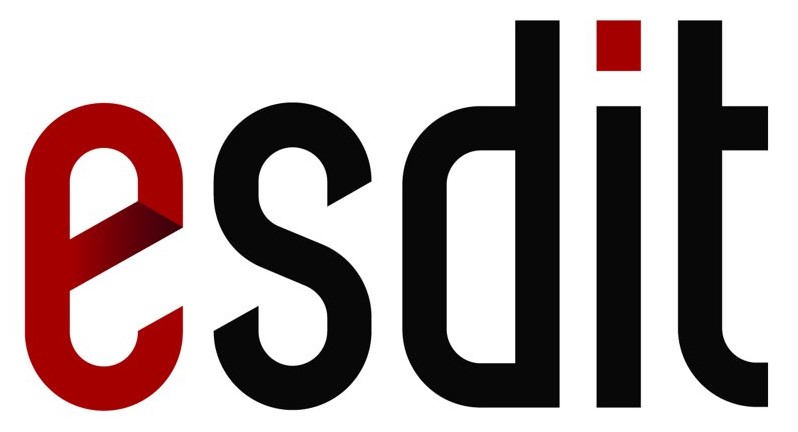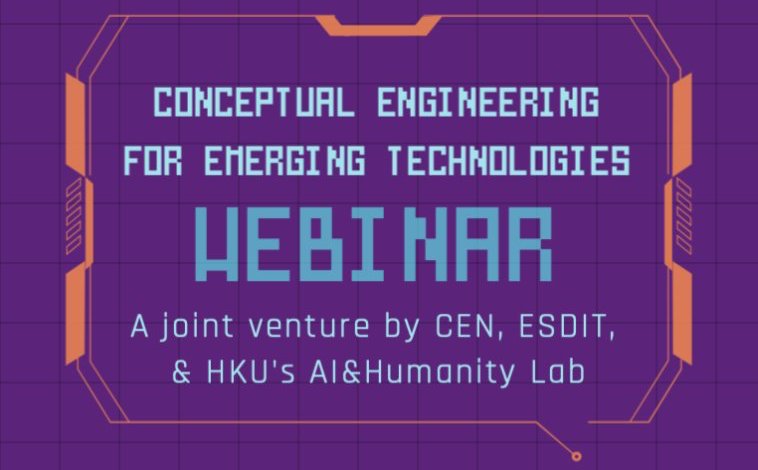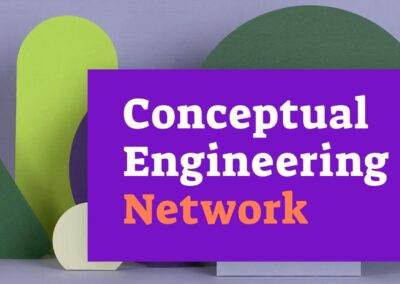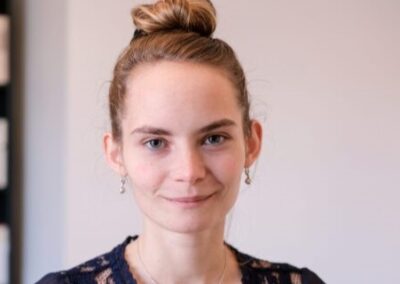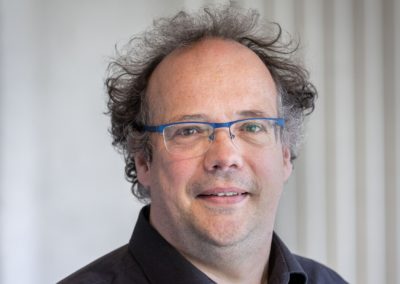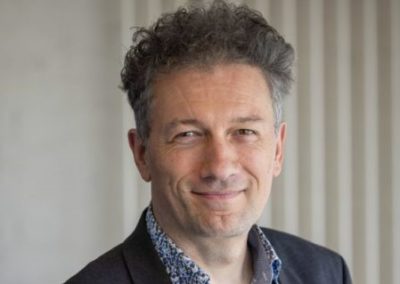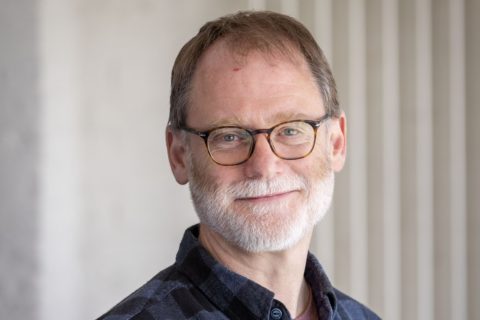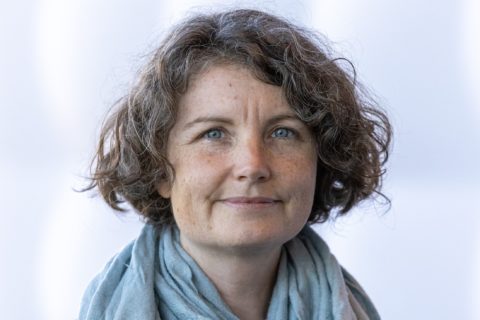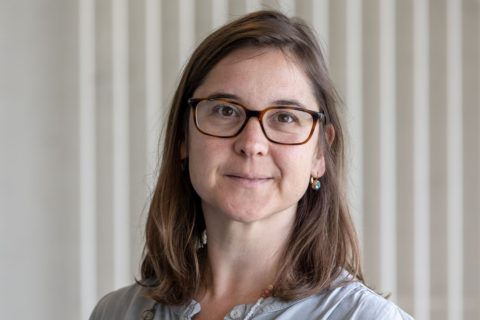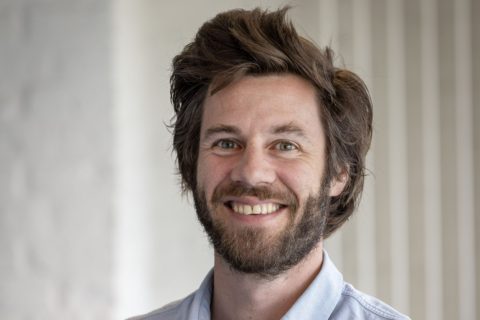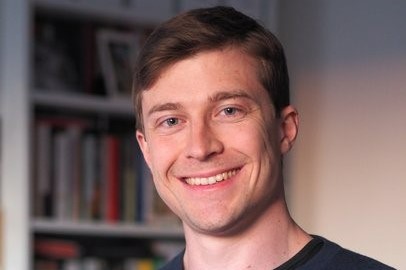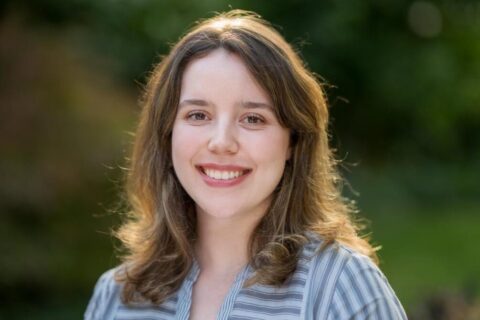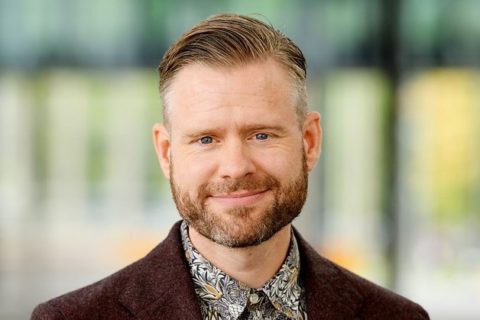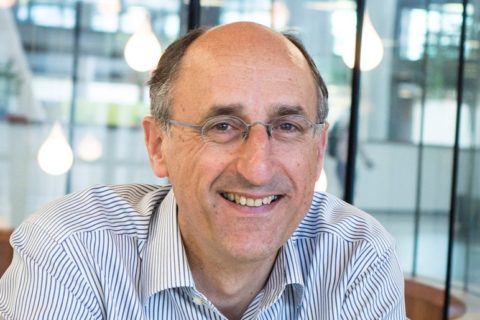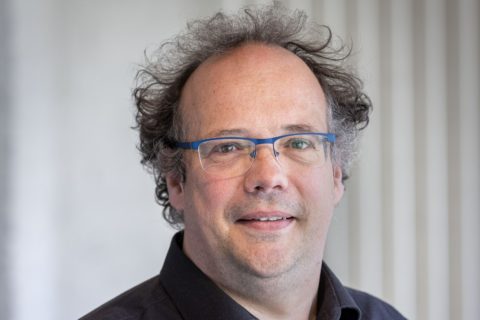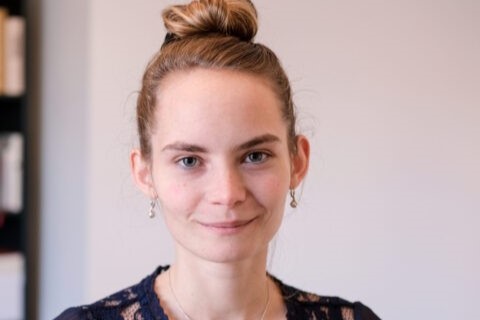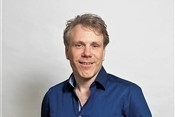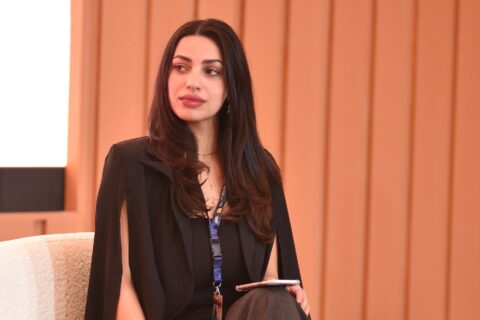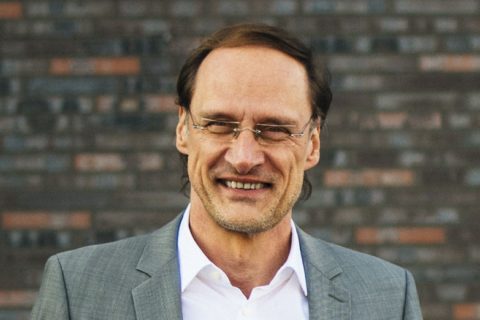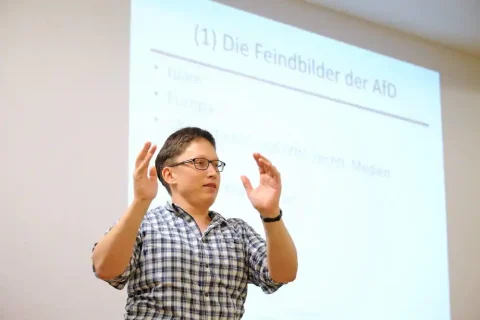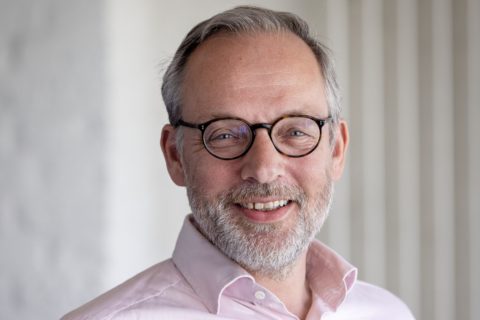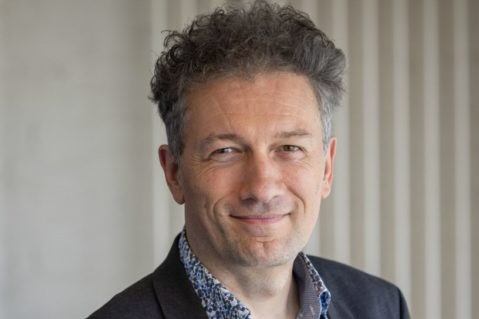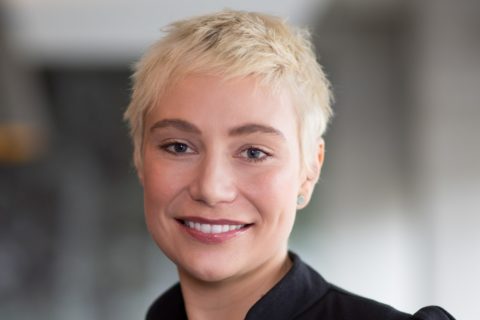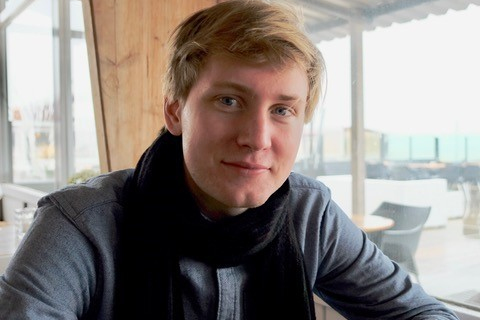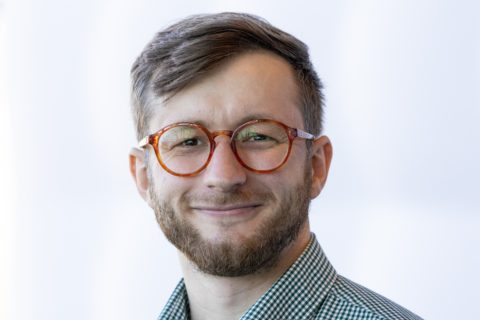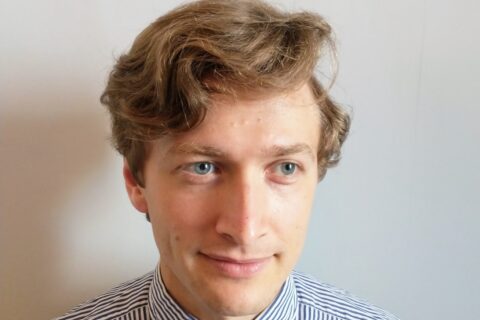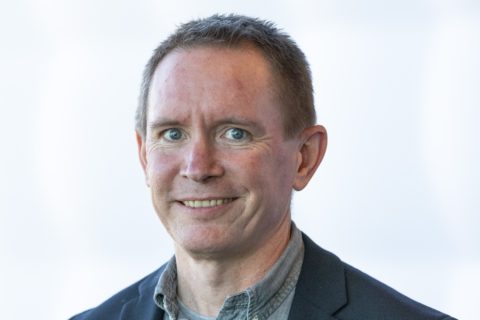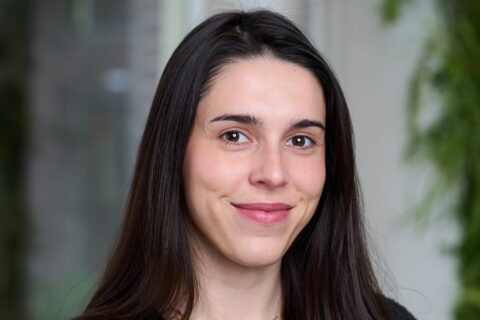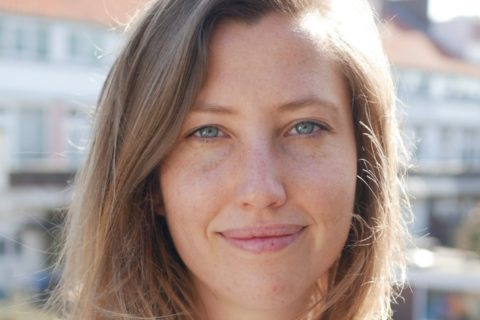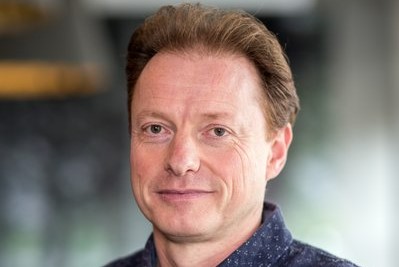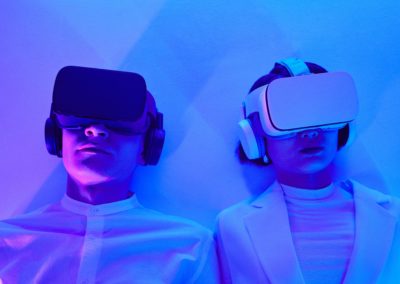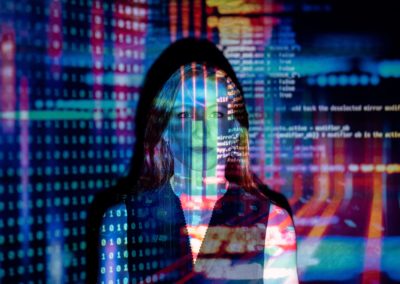Description of This Research Line
- Does a genAI application that produces art count as ‘creative’?
- Is a synthetic cell produced in the laboratory ‘alive’?
- Should we rethink the concept of ‘responsibility’ in an age of automated decision-making?
This research line investigates to what extent, and in what way, fundamental philosophical and ethical concepts are disrupted by emerging technologies.
We conduct case-studies on the disruption of particular concepts and develop theoretical insights into the nature of conceptual disruption (in connection with ESDiT objective 2).
We also reflect on the role of conceptual engineering as a potential method to address conceptual disruptions (in connection with ESDiT objective 5).
A schematic overview of three focal points of the line: the role of emerging technologies, the conceptual disruptions they generate, and the conceptual engineering that might be called for in response.
Get involved
We regularly organise research meetings and workshops where members of the line present their research. We also collaborate with non-academic stakeholders and provide advice to policymakers on addressing conceptual disruptions. If you are interested in academic collaborations with the line, please contact the coordinators. For general questions about the ESDiT consortium, please contact r.mittal@utwente.nl or b.autar@utwente.nl
Related Projects
Disrupted Ageing: Personhood, Meaning, and Vulnerability across the Lifespan [2024-2028]
PhD candidate: Emma Kopeinigg (e.kopeinigg@uu.nl)
Supervisors: Dr. Christopher Wareham (c.s.wareham@uu.nl), Prof. Dr. Marcel Verweij (m.f.verweij@uu.nl), Dr. Naomi Jacobs (n.jacobs@utwente.nl)
Promoter: Prof. Dr. Marcel Verweij (m.f.verweij@uu.nl)
Project Description
This project explores the normative significance of ageing and its role in the good life. While ageing is often framed in terms of decline, loss, and perhaps even threat to wellbeing and meaningful living, many non-western traditions regard ageing as an essential process with respect to fostering wisdom, moral development, and flourishing. In this context, this project seeks to investigate what it means for ageing to be disrupted by emerging technologies, specifically with respect to foundational moral concepts that are at stake—such as personhood, meaning, and vulnerability. Drawing on inter-canonical and intercultural perspectives, including relational accounts of personhood, East Asian ethics, and lifespan-relative accounts of flourishing, this project aims to furthermore reconceptualize ageing as a significant and valuable part of the good life and integral to the human condition.
Beyond Individualism: Reconceptualizing Rights, Duties, and Well-Being [2024-2028]
PhD candidate: Benjamin Jabold (b.jabold@utwente.nl)
Supervisors: Dr. Dominic Lenzi (d.s.lenzi@utwente.nl), Dr. James Hutton (j.hutton@tudelft.nl)
Promoter: Prof. Dr. Philip Brey (p.a.e.brey@utwente.nl)
Project Description
Recent work in philosophy and critical social sciences (e.g., Flanagan 2016) highlights a deep-rooted emphasis on individualist moral values and conceptions of human wellbeing within Western cultures. These values, supported by a range of technologies improving personal choice, are increasingly under scrutiny in the face of the grand challenges of climate change, biodiversity loss, and AI-induced social disruption. In light of these challenges, the pursuit of unbridled material accumulation in the service of maximizing individuals’ preference-satisfaction and/or hedonic wellbeing looks increasingly questionable. In the fields of political economy and political ecology, technology-induced conceptual changes which go beyond the individualist paradigm are well underway. New concepts such as “degrowth” (Hickel 2020; D’Alisa, Demaria and Kallis 2015) and “post-consumerism” (Cohen, Stejnwald Brown and Vergragt 2017) have been developed to meet the environmental challenges caused by industrial technologies and the possibility of an automated world without work. Pluralistic conceptions of environmental values have also been proposed, drawing upon Indigenous traditions (Escobar 2020) and relational practices of care for nature. These conceptual innovations open a path beyond the liberal consumerist ethos which is threatened by the ecological and technological challenges of our time (and which, arguably, contributed to the emergence of those challenges). As such, there is societal pressure to revise a wide range of normative concepts bound up with Western individualism, and to examine how technologies can support or undermine such conceptual change.
Reconceptualizing Solidarity for Technologically Disrupted Contexts [2024-2028]
PhD candidate: Aliah Yacoub (a.mohamedtohamiyacoub@uu.nl)
Supervisors: Dr. Juri Viehoff (j.viehoff@uu.nl), Prof. Dr. Marcel Verweij (m.f.verweij@uu.nl)
Promoter: Prof. Dr. Marcel Verweij (m.f.verweij@uu.nl)
Project Description
This PhD project entails reconceptualizing solidarity in a way that could better fit or withstand challenges due to 21st century socially disruptive technologies. It explores the transformative interplay between disruptive technologies – particularly artificial intelligence – and solidarity. The main research method is comparative philosophical analysis, and it will employ phenomenological and feminist theories to highlight marginalized perspectives and explore the multifaceted impact of technology on solidarity: as a tool for fostering it, as a mechanism for its manipulation or suppression, and as an instrument of its conceptual disruption or extension. Pertinent to this philosophical inquiry are case studies from the Global South and other technologically-disrupted, socio-political contexts.
Technological Disruptions of Moral Concepts [2023-2027]
PhD candidate: Robin Hillenbrink (r.hillenbrink@utwente.nl)
Daily supervisor: Dr. Jeroen Hopster (j.k.g.hopster@uu.nl)
Supervisor: Prof. Dr. Philip Brey (p.a.e.brey@utwente.nl)
Project Description
The aim of this project is to develop a theoretical framework concerning the role of technology in the disruption of moral concepts, and to clarify the relation between conceptual, social, and moral disruption. The theory is to be validated and further developed by applying it to a set of moral concepts - which is to be determined. The theoretical framework should draw from theories of the relation between technology and society, as found in philosophy of technology, science and technology studies and related fields, and from theories of conceptual disruption and conceptual change, as developed amongst others in the ESDiT project in previous research. Furthermore, the project should connect studies of conceptual disruption with ethical theory. It should clarify how ethical studies of conceptual disruption relate to existing approaches in applied ethics, and to what extent they challenge or expand on these approaches.
The key research question for the project is: “How do socially disruptive technologies (SDTs) challenge and change moral concepts?”
Conceptual engineering in the philosophy of technology [2022-2026]
PhD candidate: Samuela Marchiori (s.marchiori@tudelft.nl)
Daily supervisor: Dr. Michael Klenk (m.b.o.t.klenk@tudelft.nl)
Supervisor: Prof. Dr. Ibo van de Poel (i.r.vandepoel@tudelft.nl)
Project Description
Socially disruptive technologies (SDTs) affect our lives well beyond the confines of the technological domain. Among the many areas impacted by SDTs is the conceptual domain, where they may lead to instances of conceptual disruption. That is, SDTs are believed to challenge some of our concepts and, in certain instances, cause them to no longer apply. This calls for an assessment of such concepts to determine when and how they should be changed or adapted. Conceptual engineering, the practice of evaluating, designing, and implementing concepts, seems to be a good candidate to carry out such a task. This PhD project will develop criteria for guiding conceptual engineering projects in the philosophy of technology.
This project will contribute to three central goals of ESDiT, and of the F&S line in particular. First, it will contribute to the Conceptual Change & Disruption line, and provide essential input for others in the programme who want to argue that a particular concept ought to be changed in response to a particular SDT. Second, the project will connect theoretical and practical philosophy with debates in the ethics of technology, with a particular focus on the development of new methods in the ethics of technology to address challenges raised by SDTs. Finally, the project will provide a systematic approach to evaluating the conceptual impact of SDTs.
Philosophical analysis of socially disruptive technologies and their role in transforming society [2020-2022]
Post-doc: Dr. Jeroen Hopster (j.k.g.hopster@uu.nl)
Daily supervisor: Prof. Dr. Philip Brey (p.a.e.brey@utwente.nl)
Project Description
This postdoc project analysed the general nature of socially disruptive technologies, the notions of social disruption and social transformation, and types (disruptive/transformative) impacts of technology on society, including impacts on institutions, social structures, cultural and epistemic practices, concepts, values and beliefs. Special attention has been given to theorizing the role of technology in ‘moral disruptions’ and ‘moral revolutions’, among others in relation to conceptual change. Also, the project has yielded a preliminary investigation of whether “socially disruptive technologies” constitute a sufficiently unified class to warrant a distinct ethical approach (an “ethics of socially disruptive technologies”), and how such an approach can be conceptualized.
Socially Disruptive Technologies and Conceptual Change [2020-2023]
Post-doc: Dr. Guido Löhr (g.lohr@tue.nl)
Daily supervisor: Prof. Dr. Vincent Müller (v.c.muller@tue.nl)
Project Description
The aim of this project is to understand the nature of conceptual disruption and conceptual change in the context of socially disruptive technologies. Concepts may change over time in several relevant respects. These include the meaning or intension, the scope or extension, and the preciseness or fuzziness. Conceptual change may be driven by internal developments in a scientific discipline, but also by external developments in society, such as technological developments or by normative developments. In this project we aim to answer a number of questions: What is the difference between conceptual disruptions and conceptual changes. How does a conceptual change or disruption exactly work and how can it be driven or caused by technological change? How can and should we adapt to conceptual disruptions and changes? Can conceptual engineering help us to overcome conceptual disruptions? Finally, what is the relation between conceptual change and moral change and what is the role of technology to promote moral progress?
Related Publications
Related Events
CEN Online Lectures: A Theory of Moral Conceptual Change with Philip Brey
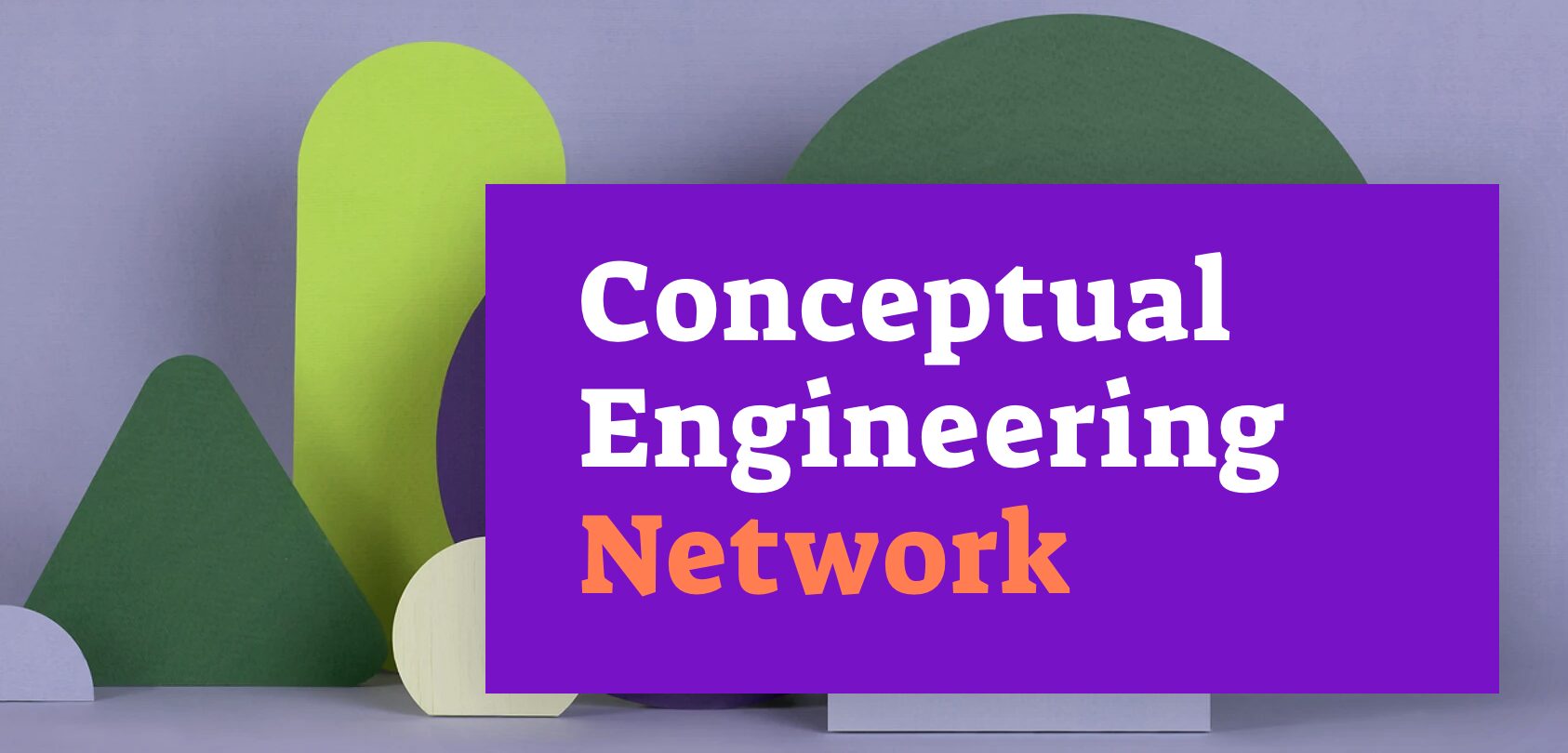
How do moral concepts change over time? Philip Brey (University of Twente and ESDiT lead) answered this question by presenting a theory of moral conceptual change. The theory considers different types of changes that can occur in moral concepts, and also considers how these changes may be triggered. It also considers how new moral concepts […]
